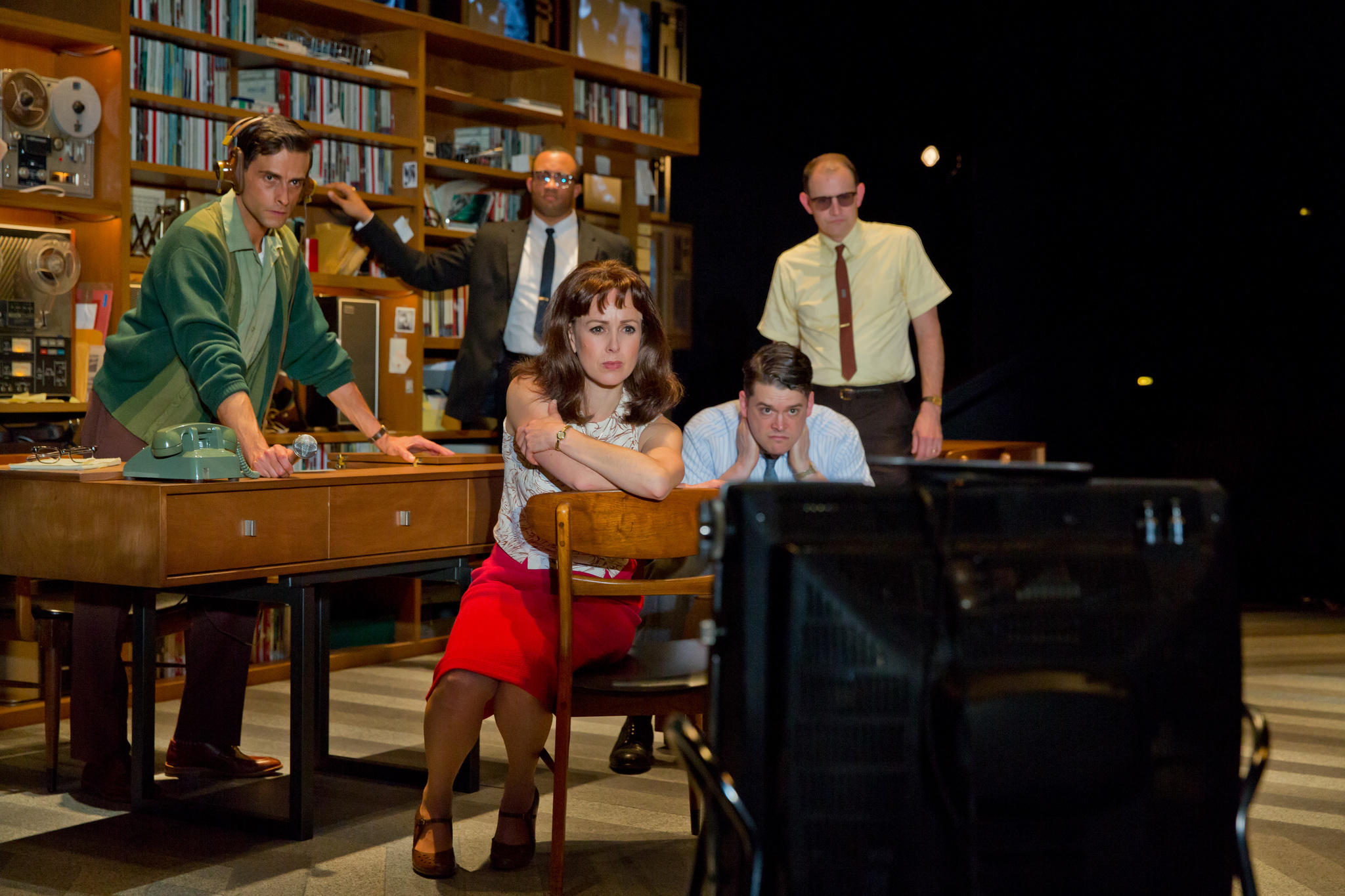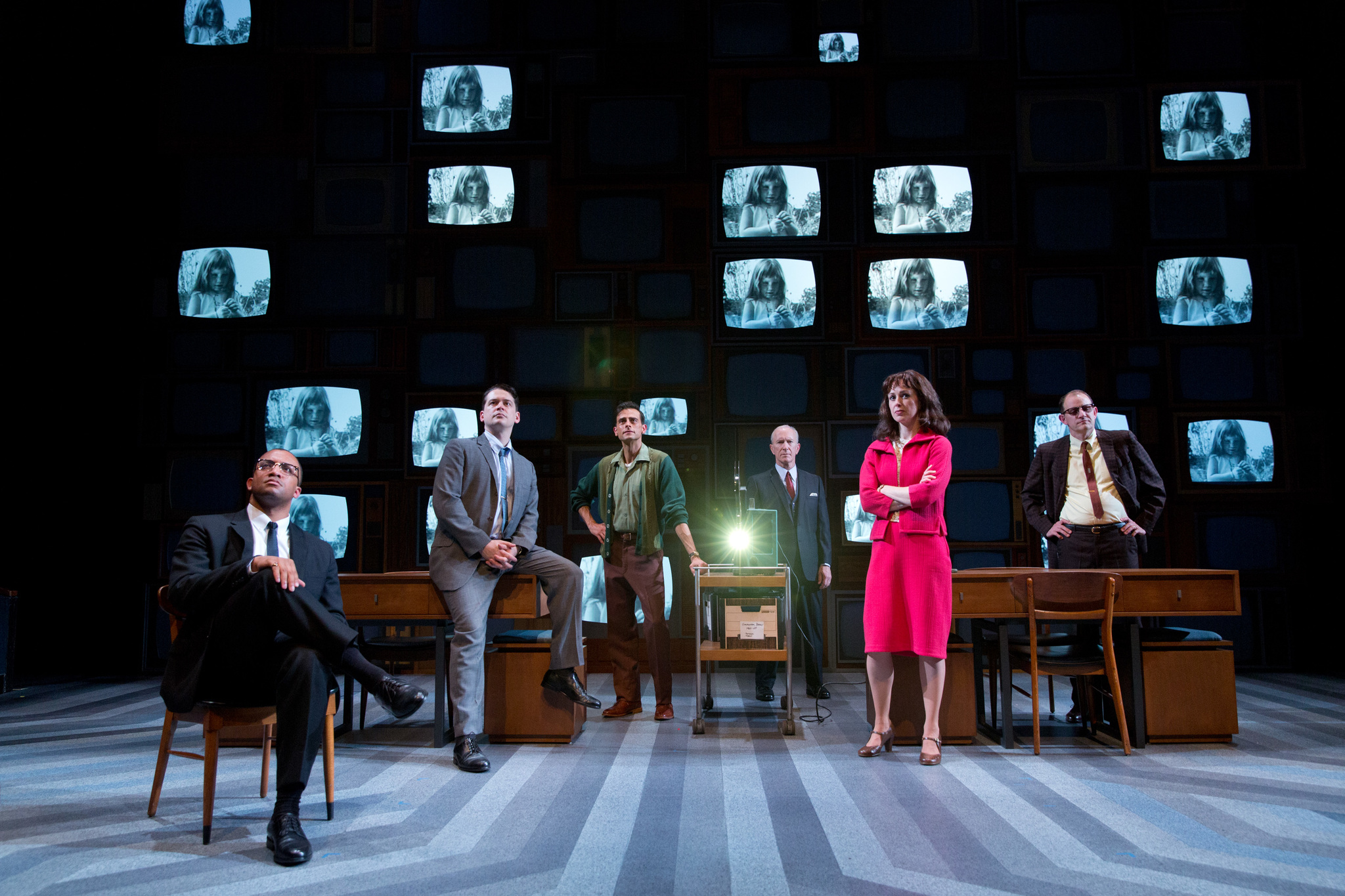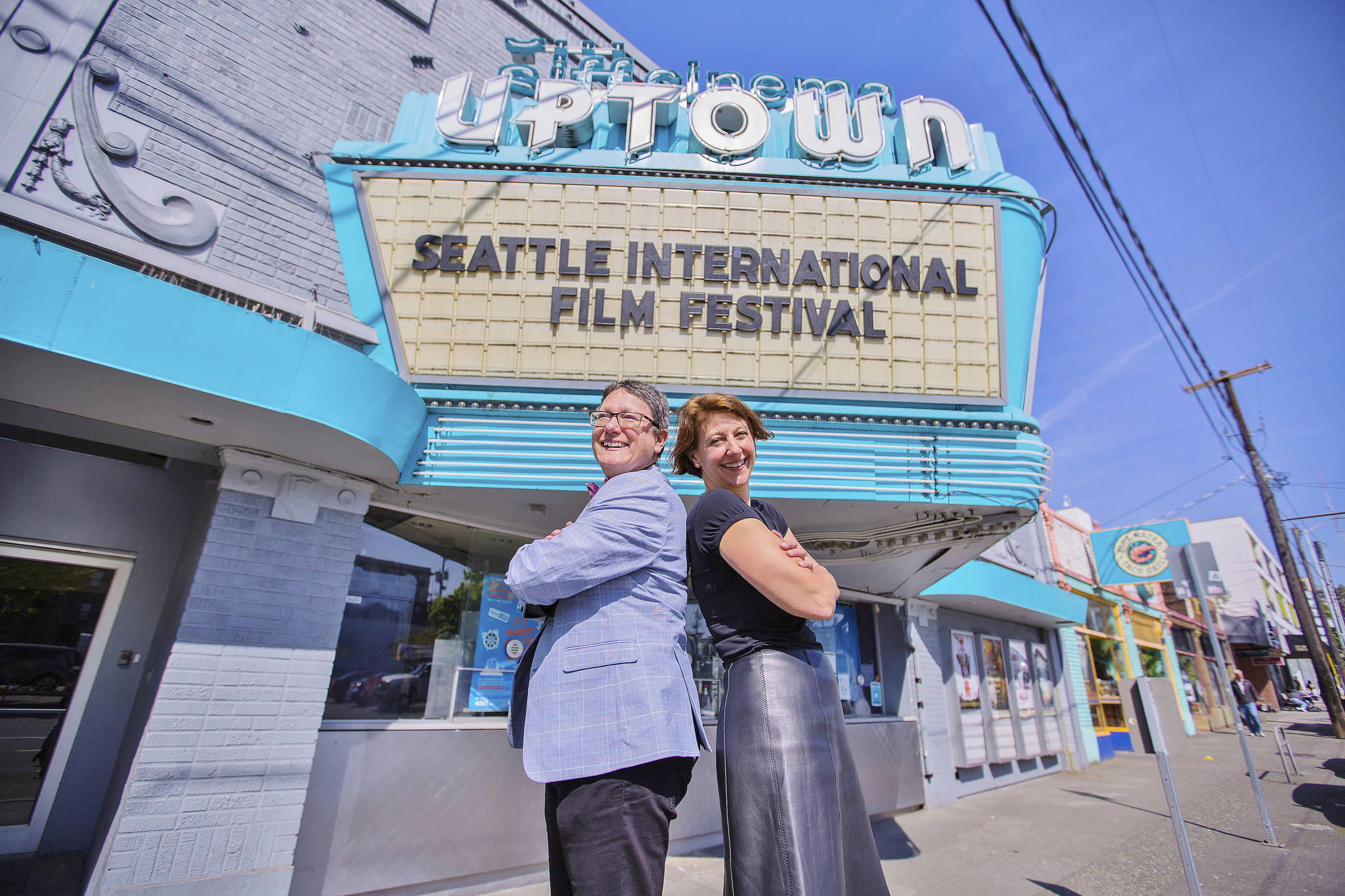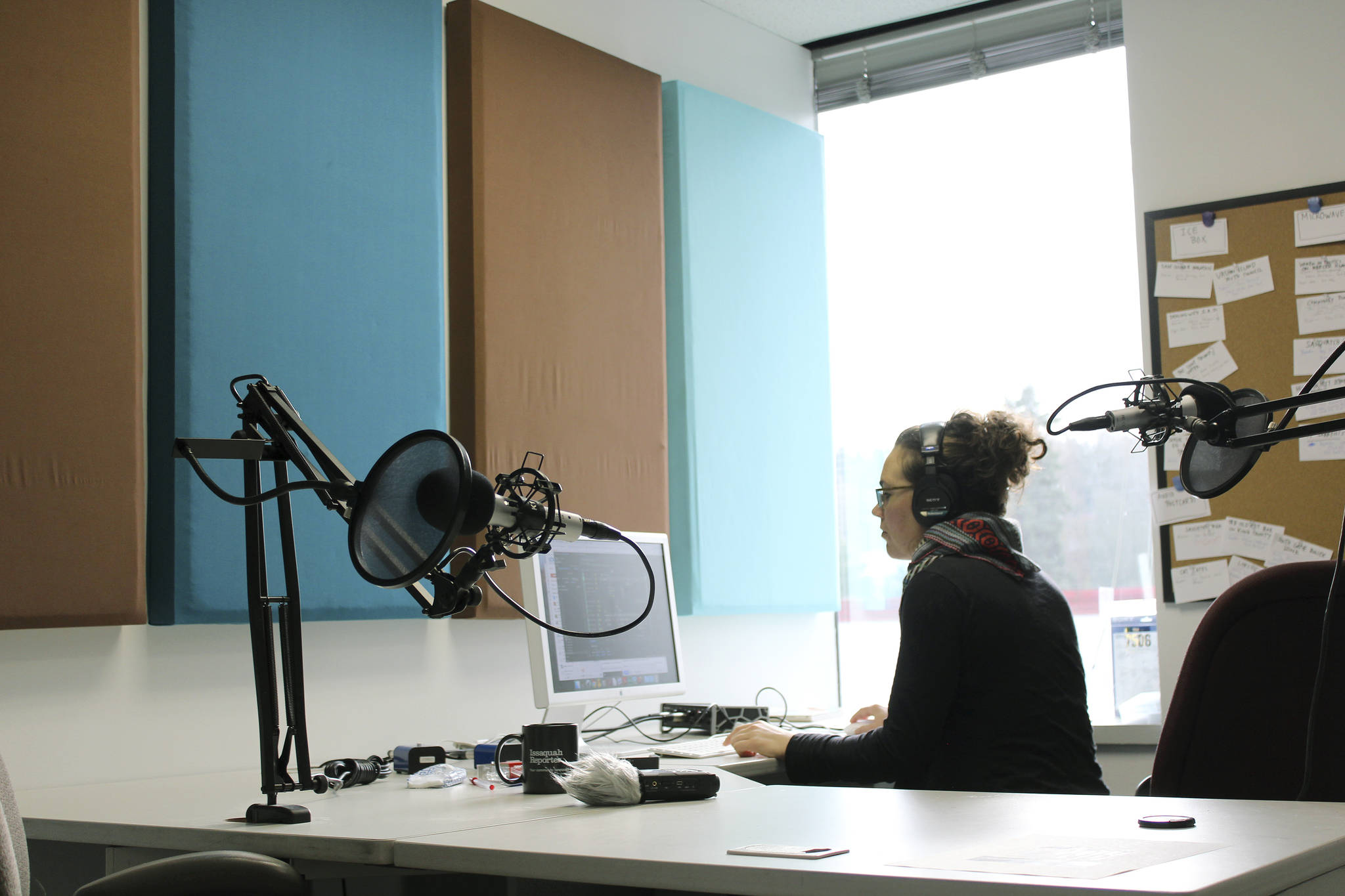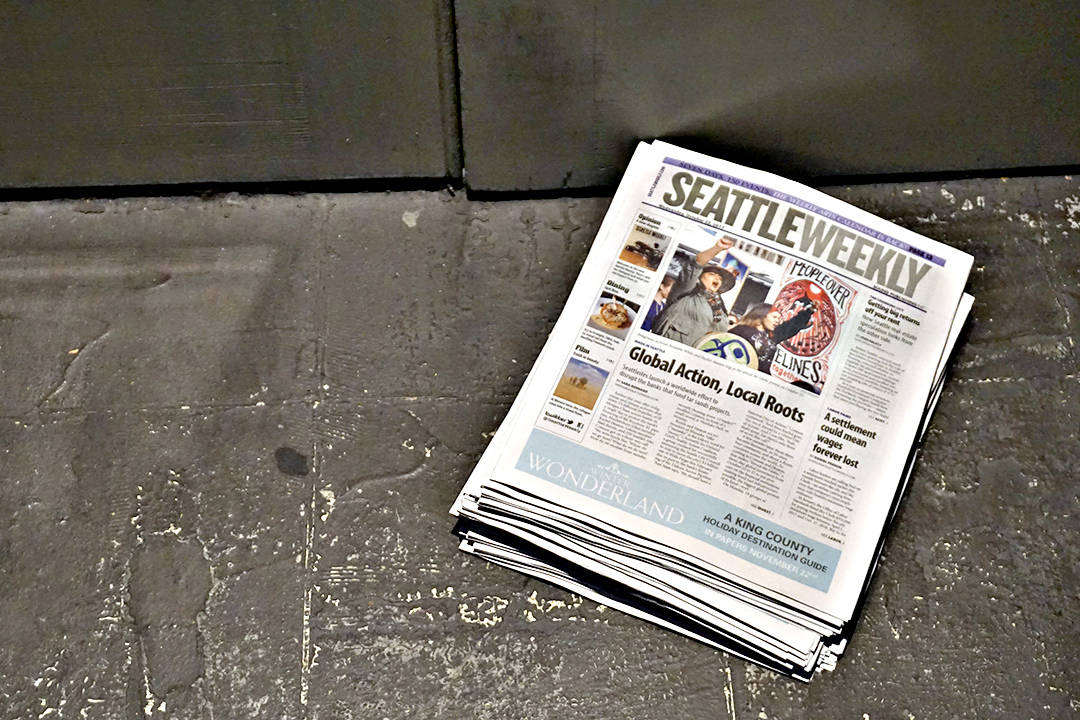Fear is in the air this summer. It has washed over America in wave after wave of mass murder, police violence against the black community, terror attacks, and shootings of police officers.
Vigilance has been called upon again and again and the American people have stepped up to give blood, protest injustice, and mourn its dead. Cool reason has followed with its statistics declaring that the United States is safer now than it has been in a long time, that violent crimes are down sharply, that officer deaths are less frequent than they have been in a century, that you are still more likely to be struck by lightning than killed in a terrorist attack, that violence against our black community is only coming to light because the mass dissemination of technology has finally, rightfully exposed it.
And, yet, a fear remains, lurking beneath the surface. It is this fear that Republican presidential nominee Donald Trump tapped when he opened his speech at the Republican National Convention in Cleveland last week by saying, “Our convention occurs at a moment of crisis for our nation. The attacks on our police, and the terrorism in our cities, threaten our very way of life. Any politician who does not grasp this danger is not fit to lead our country.”
On the other side of the aisle, the Democrats are stoking more existential fears by implying that the Republican candidate cannot be trusted with our weapons of mass destruction. “Imagine him in the Oval Office facing a real crisis,” said Democratic nominee Hillary Clinton during her own acceptance speech this week. “A man you can bait with a tweet is not a man we can trust with nuclear weapons.”
This is not to say that fear is the only tool these politicians wield. Trump spikes his fear with frustration, exploiting working class America’s displeasure with a shifting economy. Clinton uses her fear as a springboard to hope, promising more than she could ever deliver.
But fear is efficient, which is why it is regularly employed as a means to an end in America’s politics. It is also, just as often, derided for its tendency to destroy and divide. But can fear mongering be justified?
This is the question at the heart of Daisy, which is currently making its world premiere at ACT Theatre. The play, written by Sean Devine, takes place during another uneasy time in American history—the summer of 1964. At the beginning of the production, directed by ACT artistic director John Langs, the audience is presented a prologue to this summer in the form of archival broadcasts, displayed on an imposing wall of tube televisions, one of the more striking pieces in a smart period-attentive set designed by Shawn Ketchum Johnson. As a plaintive piano arpeggio plays, we are shown the Cuban missile crisis, race riots, and the assassination of President Kennedy, all larger than life and yet fractured amongst the myriad screens. It is an unnerving start, and one that on a recent evening harmonized well with the anxious hum outside the theater doors.
What follows is a story that, through history’s irritating tendency to repeat itself and a little serendipity, resonates so deeply with our current moment that it should be required viewing for all registered voters. It is the second time that Langs, in his first season as ACT’s artistic director, has lassoed the zeitgeist of this presidential year. Yet Daisy, unlike the spring production of Assassins, feels more immediate and, dare I say it, important, because its themes are much more relatable. We do not all fantasize about murdering a president (and then singing a song about it), but we do all have fears much like those felt by Americans in the summer of 1964.
It is those fears that are the concern of a team of employees at Doyle Dane Bernbach, the advertising firm at the center of Devine’s fictionalized account of a pivotal moment in American politics. These employees have been tasked with the television advertising campaign for the election of sitting president Lyndon Johnson. Paternalistic boss Bill Bernbach (a stentorian R. Hamilton Wright) encourages the team to adhere to the company’s credo of “creativity, good taste, and integrity,” but the White House has other ideas. Deputy special council Clifford Lewis (Tré Cotton) is insistent that the team “attack and degrade” the president’s opponent, who will either be the establishment candidate Nelson Rockefeller or Barry Goldwater, the controversial Arizona senator who once referred to the nuclear bomb as “merely another weapon” and suggested its use in Vietnam. Johnson is confident that he will win either way, says Lewis, but he needs a landslide in order to push through The Great Society, an ambitious slate of domestic programs intended to eliminate poverty and racial injustice.
The idea that negative advertising could be taboo is quaint in the current political environment, but in the early ‘60s, and on ever-optimistic television in particular, the attack ad was unthinkable. “What we don’t do out of good taste and ethics is attack,” says copywriter Louise Brown (Kirsten Potter), the most skeptical of the DDB crew.
Oafish television producer Aaron Ehrlich (Bradford Farwell) and neurotic art director Sid Myers (Connor Toms) are quickly on board and Brown reluctantly comes along as well. But it isn’t until the team meets with Tony Schwartz, a conversely optimistic and agoraphobic sound designer and media theorist played with delightful dexterity by Michael Gotch, that their campaign takes shape. The theories on sound and audience manipulation that the character on stage espouses are the same that the real-life Schwartz brought to his work. Given in great detail, as Devine allows in an otherwise snappy script, they are astoundingly insightful, a picture of a future in which we now live.
Yet, it is Brown, not Schwartz, who is the most central figure in this ensemble work. It makes sense then that she is one of the few inventions that Devine brings to the story, a replacement for actual copywriter Stanley R. Lee whose presence allows the era’s sexual politics a place on stage. Brown, though, is more than a skirt in a story full of white men. She, unlike the black deputy council who Devine has added as an avatar of racial politics, is a deeply complex character, played here with elasticity by Kirsten Potter. It is in Brown that the story finds its drama, her hidden history and moral conflict providing humanity to a production that is at times wonkish and philosophical. Yet, the fact that the story’s only woman must carry this weight is of some discomfort; in her eventual capitulation to the expectations of the men around her—in her embrace of the politics of fear—there is recognition of the difficulties of being a professional woman in the ‘60s. Yet, there is also a deep character flaw here that to the cynical eye can read as a kind of representation.
Nonetheless, it is through Brown that the audience experiences the deep anxiety of that summer, which peaks—in Devine’s story, at least—on the final evening of the Republican National Convention.
“Have you ever seen anything like this?” she asks, incredulous, while watching a crowd boo a conceding Nelson Rockefeller. “At a national convention?”
A moment of serious inquiry, that line received a deep and long laugh from an audience that had spent the previous week reading headlines about intra-party divisions and apocalyptic declarations at this year’s conventions. Then Barry Goldwater steps to the mic to accept the nomination and, in one of the play’s most chilling moments, the archival audio plays uninterrupted. “Extremism in defense of liberty is no vice,” he says as Brown stares at the television, slack-jawed. “Moderation in pursuit of justice is no virtue.”
No one laughed at that line.
Following on that speech, the creation of “Daisy,” the devastating ad for which the play is named, might seem reasonable. Still, when the completed 60-second spot plays, the gut response is revulsion at the sight of a small child coming face-to-face with the horrors of nuclear war as unleashed, it is implied, by Goldwater. The effect was the same in 1964; the ad only played once before being pulled.
President Johnson went on to win the 1964 election, of course, and would go on to exact his own kind of extremism in the pursuit of justice, miring the United States in a deep and protracted war in Vietnam. To his credit, Devine doesn’t skirt this issue. Rather, he is eager to complicate things, entertaining the cognitive dissonance of those who would both practice and decry fear mongering in their politics.
“ ‘Daisy’ communicates fear that already exists,” Schwartz says after the ad team drops the bomb on Goldwater in hopes that they will avert a national disaster. Then, moments later, he declares: “It is about peace.” ACT Theatre, 700 Union St., 292-7676. $20-68. Through August 7.
